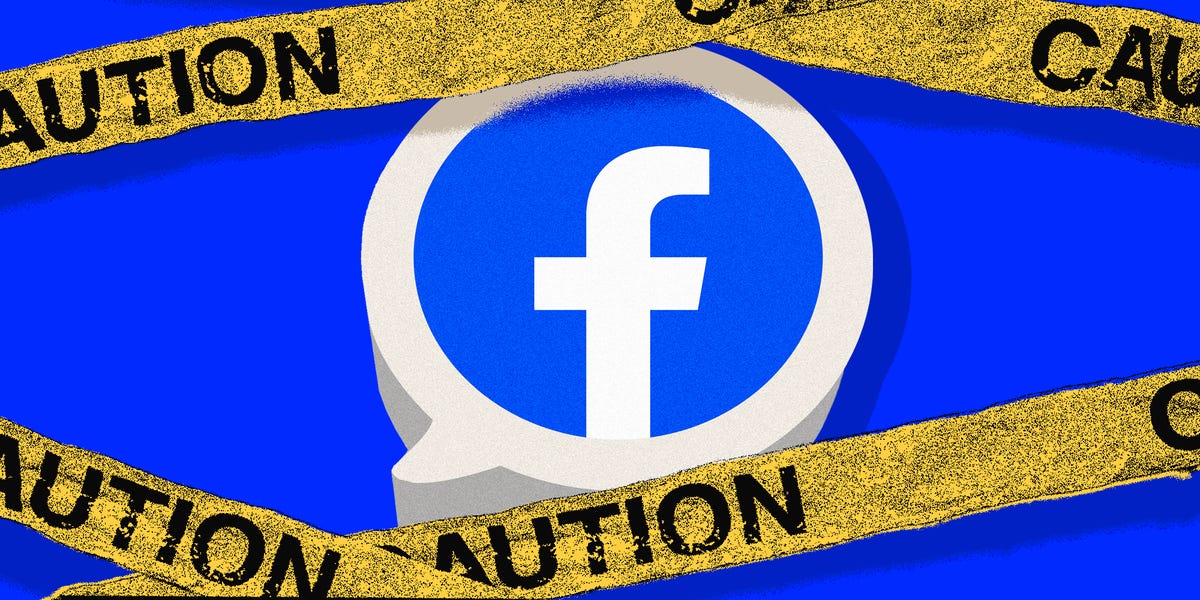AI Gamble: Why Meta's Chatbot Venture Might Be More Trouble Than Treasure

The emergence of romantic roleplay chatbots poses a significant challenge for Meta, potentially creating a minefield of ethical and reputational risks that Mark Zuckerberg must carefully navigate. As artificial intelligence continues to advance, the allure of emotionally interactive AI companions grows, but so do the potential pitfalls.
Meta's leadership must critically examine whether venturing into this sensitive domain aligns with the company's broader strategic objectives. The risks are multifaceted: from potential user manipulation and emotional dependency to complex privacy and psychological concerns. Romantic chatbots could expose the company to unprecedented legal and ethical challenges.
While the technological capability to create such immersive AI interactions is impressive, the human emotional landscape is intricate and unpredictable. Zuckerberg and his team must weigh the innovative potential against the substantial risks of creating AI systems that simulate romantic relationships.
The potential for misuse, emotional harm, and unintended psychological consequences cannot be understated. Meta must proceed with extreme caution, conducting rigorous research and establishing robust ethical guidelines before considering any widespread deployment of romantic roleplay chatbots.
